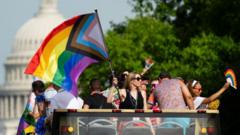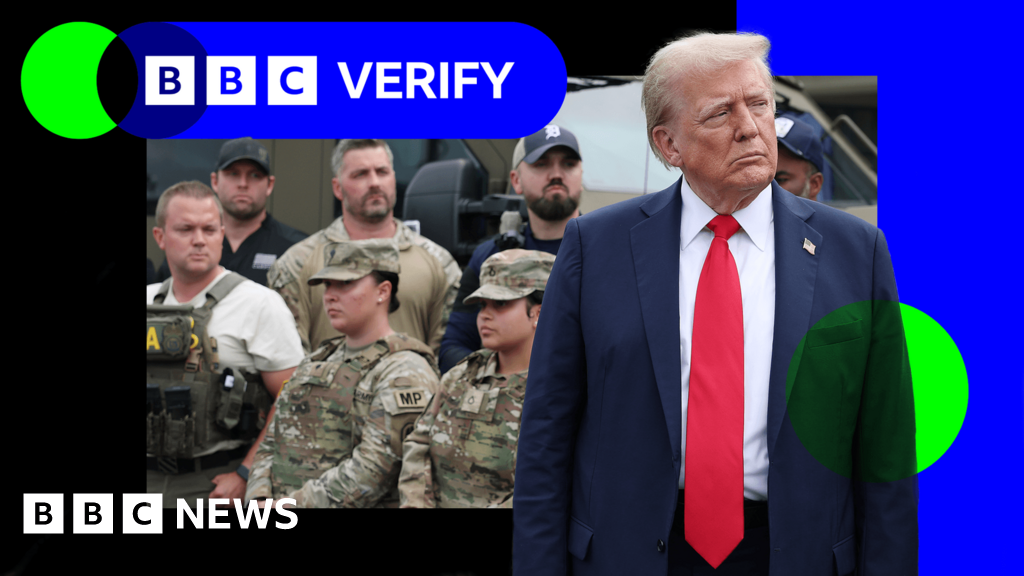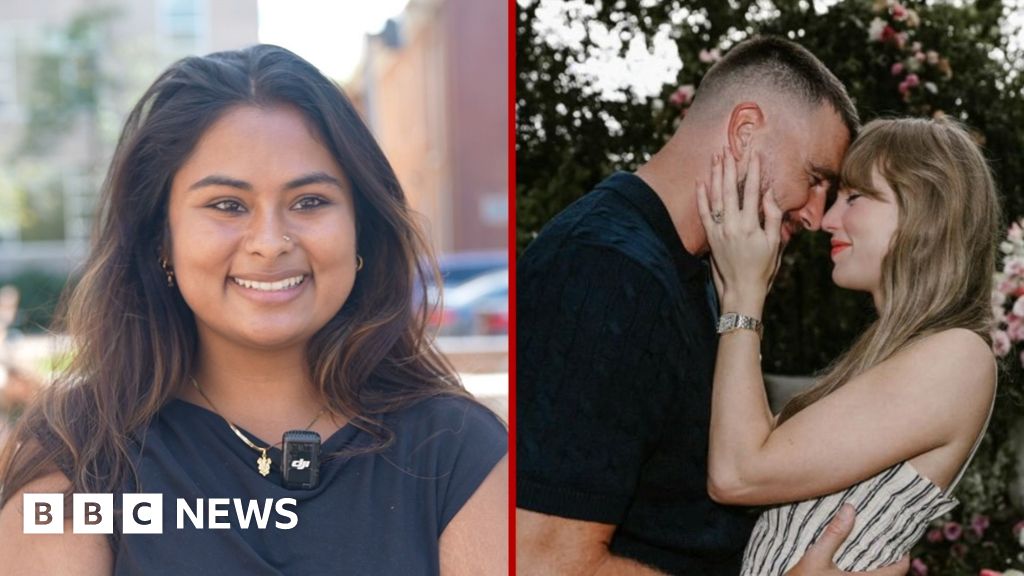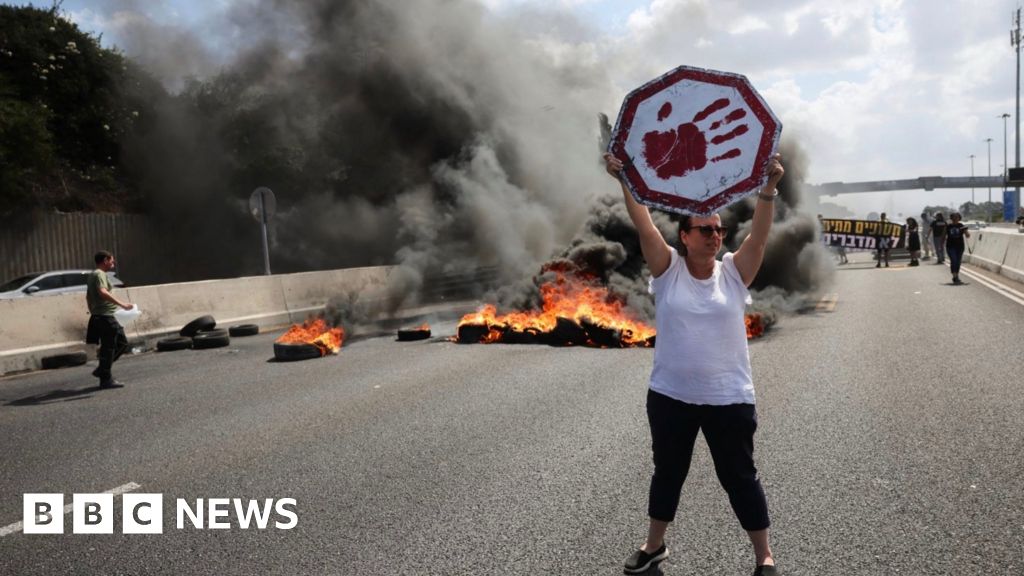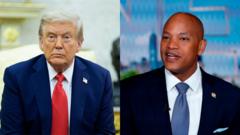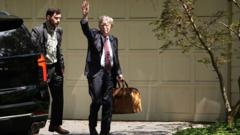Across Washington, the city is adorned with vibrant rainbow flags to celebrate World Pride, but international attendance is waning as some travelers choose to forgo the event due to safety fears linked to the current political climate. The annual extravaganza coincides with the 50th anniversary of Washington’s first Pride march, and organizers initially anticipated attracting three million visitors and contributing nearly $800 million to the local economy. However, estimates have been revised down significantly, with hotel occupancy rates reflecting this decline.
Alice Siregar, a Montreal-based data analyst and transgender woman, expressed her concerns about traveling to the United States currently, citing fears of discrimination at the border due to the Trump administration's policies on gender identification. Although she holds both Canadian and US citizenship, she has not been able to update her US passport to reflect her gender, which complicates her travel plans. Similar fears have echoed across the globe, leading countries like Germany and Finland to issue travel advisories for transgender individuals considering a visit to the US.
Activist groups such as Egale Canada have also decided against participating in World Pride due to safety concerns for their transgender and non-binary staff, a significant departure from their past involvement in Pride events worldwide. The anti-LGBTQ rhetoric and policies under the Trump administration, including a ban on transgender individuals serving in the military and the repeal of protections against discrimination based on gender identity, have compounded feelings of unease among LGBTQ travelers.
The Capital Pride Alliance, who is organizing this year’s World Pride in DC, noted an unusual spike in inquiries regarding safety for attendees, prompting them to establish heightened security measures such as weapons detectors and the presence of the Metropolitan Police Department's LGBTQ+ liaison unit. Washington’s Mayor, Muriel Bowser, acknowledged the fears while encouraging people to live their lives as prepared as possible despite the prevailing climate.
Meanwhile, small business owners in vibrant LGBTQ neighborhoods, like Kelly Laczko of Her Diner, are also taking steps to enhance security during the festivities, reflecting the anxious sentiment among many community members. While Siregar won’t be attending, she remains hopeful that those who do participate will be safe and will stand up for LGBTQ rights amidst current challenges, echoing the spirit of resilience that Pride embodies.
Ultimately, the impact of heightened tensions and fears based on political narratives poses a unique challenge to the celebration of LGBTQ culture, emphasizing the need for solidarity and courage in expression during these uncertain times.
Alice Siregar, a Montreal-based data analyst and transgender woman, expressed her concerns about traveling to the United States currently, citing fears of discrimination at the border due to the Trump administration's policies on gender identification. Although she holds both Canadian and US citizenship, she has not been able to update her US passport to reflect her gender, which complicates her travel plans. Similar fears have echoed across the globe, leading countries like Germany and Finland to issue travel advisories for transgender individuals considering a visit to the US.
Activist groups such as Egale Canada have also decided against participating in World Pride due to safety concerns for their transgender and non-binary staff, a significant departure from their past involvement in Pride events worldwide. The anti-LGBTQ rhetoric and policies under the Trump administration, including a ban on transgender individuals serving in the military and the repeal of protections against discrimination based on gender identity, have compounded feelings of unease among LGBTQ travelers.
The Capital Pride Alliance, who is organizing this year’s World Pride in DC, noted an unusual spike in inquiries regarding safety for attendees, prompting them to establish heightened security measures such as weapons detectors and the presence of the Metropolitan Police Department's LGBTQ+ liaison unit. Washington’s Mayor, Muriel Bowser, acknowledged the fears while encouraging people to live their lives as prepared as possible despite the prevailing climate.
Meanwhile, small business owners in vibrant LGBTQ neighborhoods, like Kelly Laczko of Her Diner, are also taking steps to enhance security during the festivities, reflecting the anxious sentiment among many community members. While Siregar won’t be attending, she remains hopeful that those who do participate will be safe and will stand up for LGBTQ rights amidst current challenges, echoing the spirit of resilience that Pride embodies.
Ultimately, the impact of heightened tensions and fears based on political narratives poses a unique challenge to the celebration of LGBTQ culture, emphasizing the need for solidarity and courage in expression during these uncertain times.

